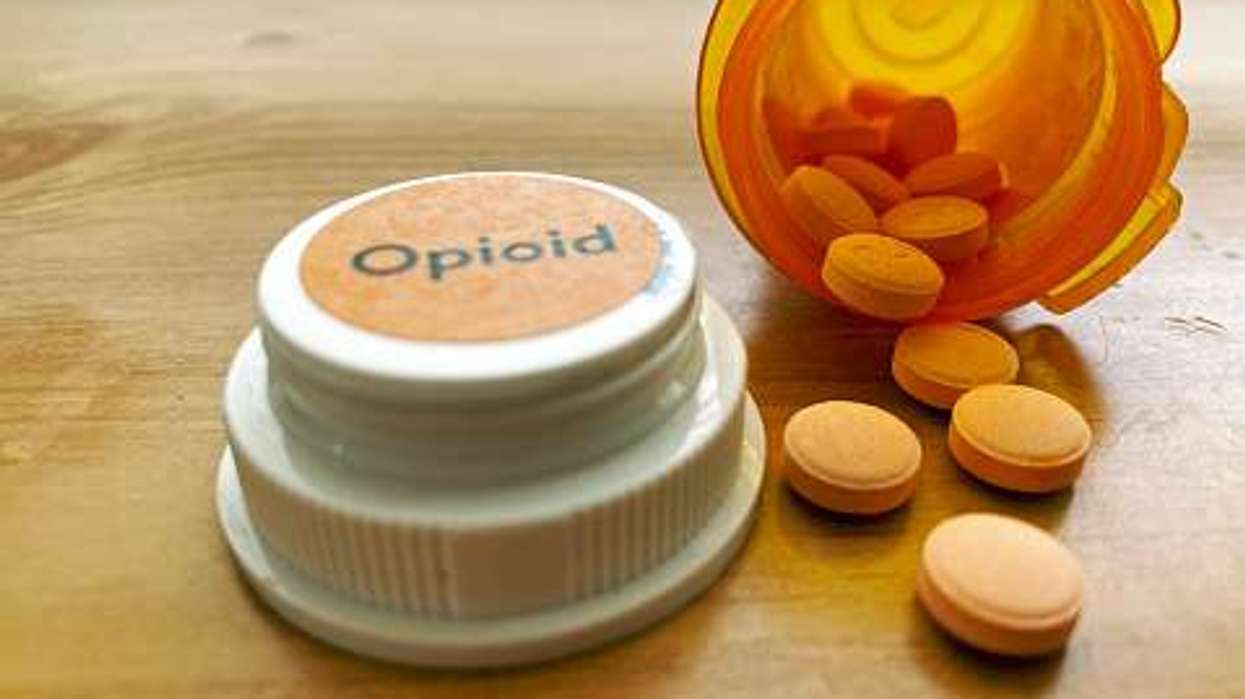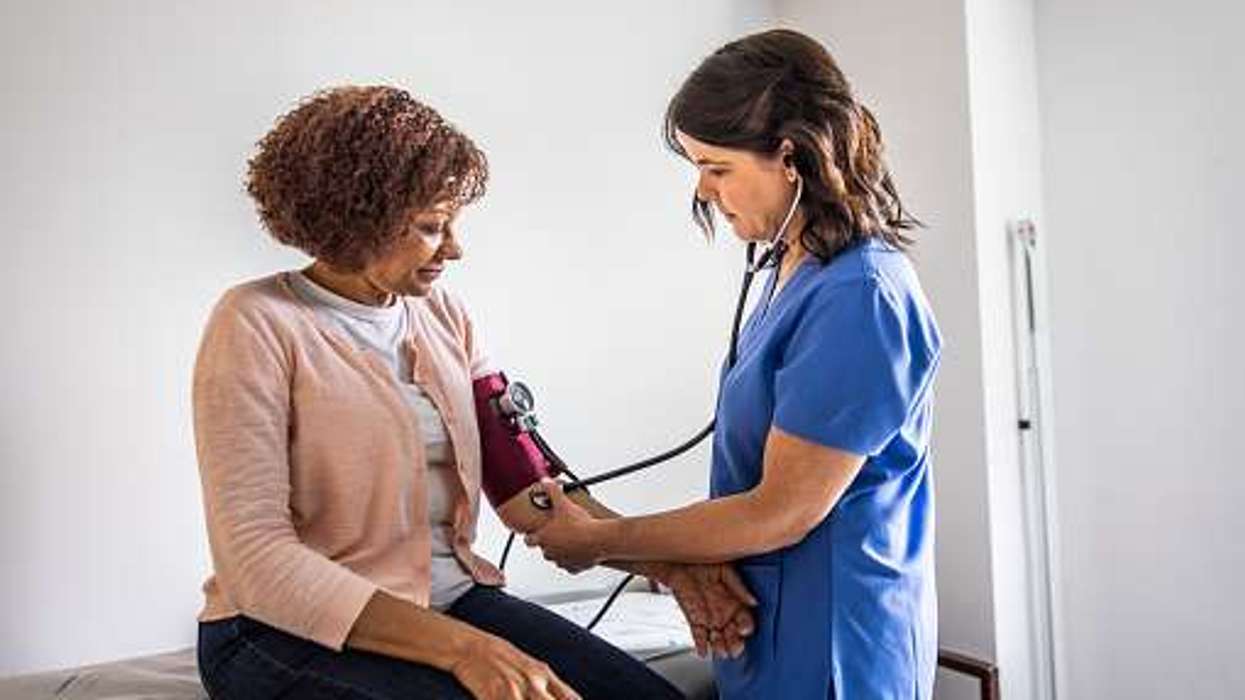25,500 pharmacy technicians, 9,733 dental hygienists and 6,198 dental therapists in the UK to benefit from the new reform
In a move to make healthcare more accessible, the Department of Health and Social Care (DHSC) has announced plans to empower pharmacy technicians, dental therapists, and hygienists with enhanced authority following two public consultations run by the government in 2023.
Revealed by Primary Care Minister Andrea Leadsom on Thursday 28th March, this strategic decision promises to usher in "a faster, simpler, and fairer access to primary care" by granting pharmacy professionals "the ability to both supply and administer medications".
Based on the public consultations that garnered widespread support, with 97% backing the empowerment of dental hygienists and therapists and 84% favouring similar rights for pharmacy technicians, the new reform is aimed to cut through bureaucratic red tape and bolster efficiency in patient care.
Dental hygienists and therapists, under the proposed change, will be empowered to administer select medications, including pain relief and fluoride, without the need for dentist approval.
Similarly, pharmacy technicians will be authorised to provide specified medicines to select patient groups independently, without the involvement of prescribers.
This initiative is intended not only to ease the workload of pharmacists and dentists but also to enhance overall accessibility to primary care services.
Nicola Stockmann from the Association of Pharmacy Technicians UK (APTUK) hailed the recognition of pharmacy technicians' invaluable contributions, while Miranda Steeples of The British Society of Dental Hygiene and Therapy (BSDHT) commended the move for allowing professionals to operate at their full capacity.
Similarly, new proposals would enable pharmacy technicians to supply and administer medicines under Patient Group Directions (PGDs), eliminating the need for additional consultations and enhancing patient access while maintaining safety standards.
Primary Care Minister, Andrea Leadsom said: "We want to ensure our fantastic staff are recognised for the vital work that they do, working to their full scope of practice and delivering for everyone who walks through their doors."
The new reform is in sync with the government's broader agenda to tackle waiting lists and improve primary care accessibility, initiatives such as the Dental Recovery Plan and the expansion of the Pharmacy First scheme which seek to release additional 2.5 million appointments and potentially freeing up to 10 million GP appointments annually, respectively.












